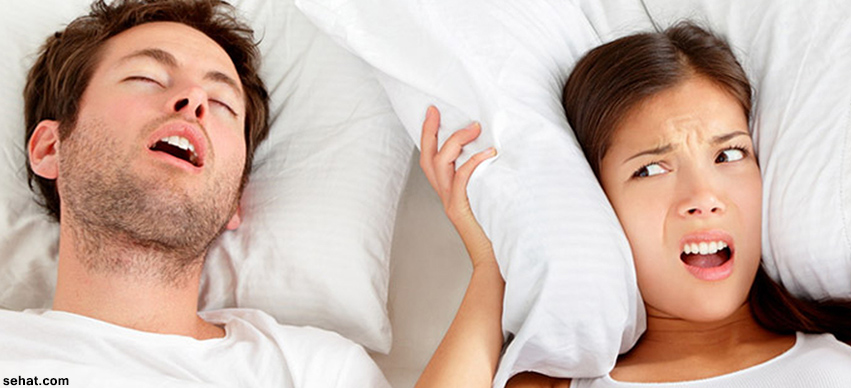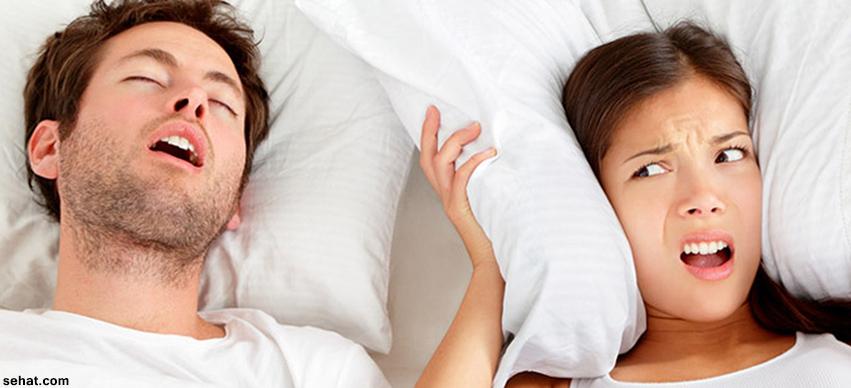What Comprehensive Oral Care Really Looks Like in Modern Den..
11 Min Read


Snoring is the vibration of respiratory structures and the resulting sound, due to obstructed air movement during breathing while sleeping. In some cases the sound may be soft, but in other cases, it can be loud and unpleasant.
Snoring during sleep may be a sign, or first alarm, of obstructive sleep apnea (OSA). Generally speaking the structures involved are the uvula and soft palate. The irregular airflow is caused by a passageway blockage and is usually due to one of the following:
Mouth anatomy: Having a low, thick soft palate can narrow your airway. People who are overweight may have extra tissues in the back of their throat that may narrow their airways.Likewise, if the triangular piece of tissue hanging from the soft palate (uvula) is elongated, airflow can be obstructed and vibration increased.
Alcohol consumption: Snoring also can be brought on by consuming too much alcohol before bedtime. Alcohol relaxes throat muscles and decreases your natural defenses against airway obstruction.
Nasal problems: Chronic nasal congestion or a crooked partition between your nostrils (deviated nasal septum) may contribute to your snoring.
Sleep apnea: Snoring also may be associated with obstructive sleep apnea. In this serious condition, your throat tissues partially or completely block your airway, preventing you from breathing. Sleep apnea often is characterized by loud snoring followed by periods of silence when breathing stops or nearly stops. Eventually, this reduction or pause in breathing may signal you to wake up, and you may awaken with a loud snort or gasping sound. You may sleep lightly due to disrupted sleep. This pattern of breathing pauses may be repeated many times during the night. People with sleep apnea usually experience periods when breathing slows or stops at least five times during every hour of sleep.
While a diagnosis of sleep apnea can be scary, it is a treatable condition. In fact, there are many things you can do on your own to help, particularly for mild to moderate sleep apnea. Home remedies and lifestyle modifications can go a long way in reducing sleep apnea symptoms.
Avoid alcohol, sleeping pills, and sedatives, especially before bedtime as they relax the muscles in the throat and interfere with breathing. Avoid caffeine and heavy meals within two hours of going to bed.
Maintain regular sleep hours. Sticking to a steady sleep schedule will help you relax and sleep better. Apnea episodes decrease when you get plenty of sleep.